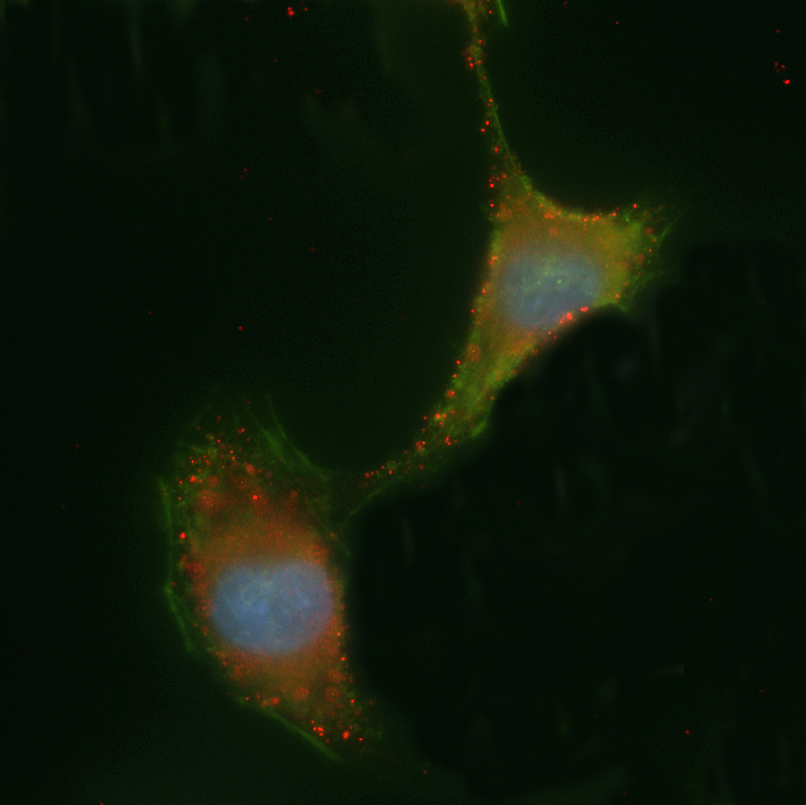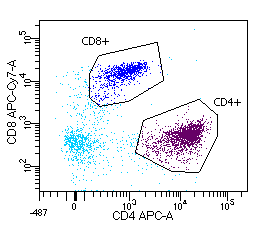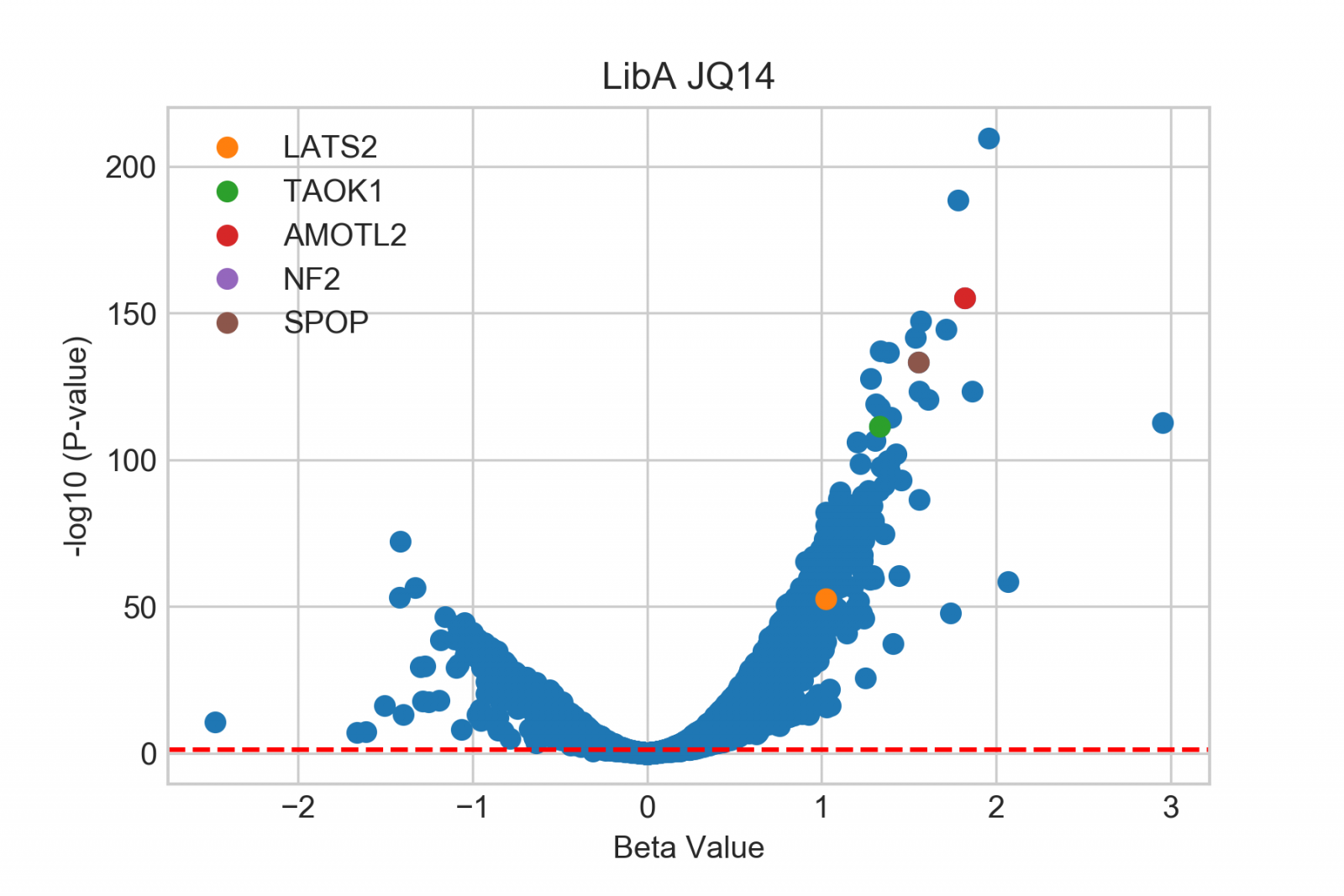Lung Cancer
Lung cancer is the first cause of worldwide cancer-related mortality. Non-small cell lung cancer (NSCLC) is the most common type, accounting for 80-85% of cases. Despite the introduction of innovative therapeutics, the prognosis remains poor, with a five years survival of only 17%. The clinical response of lung cancer patients is often limited by primary or acquired resistance, urging the development of new and more effective therapeutic strategies.
Going beyond EGLN1 role as hypoxia switch to setup a new therapy for KRAS-driven lung cancer
Giulio Verna, Alessandra Grieco, Valentina Sancisi
To identify dependency genes that can be used as new therapeutic targets, we performed a CRISPR/Cas9 genomic screening, followed by an integrative analysis, taking advantage of different sources of genomic and pharmacological data. Through this approach, we identified and validated EGLN1 as a novel druggable dependency gene in lung carcinoma with a KRAS-mutated background. The EGLN1 gene encodes the PHD2 prolyl-hydroxylase, the oxygen sensor, regulating HIF transcription factor activity. These results are particularly intriguing, since EGLN1 inhibitors are currently in clinical trials for anemia and could be easily repurposed to the lung cancer setting.
The main goal of this project is to characterize EGLN1 pro-oncogenic function, considering both cell
autonomous and non-cell autonomous effects. Moreover, we aim to evaluate the efficacy of EGLN1 inhibitors
in different pre-clinical models, including patient-derived cancer organoids and mouse models.
Characterization of molecular determinants regulating Natural Killer cells cytotoxic activit
Valentina Fantini, Valentina Sancisi
The activity of Natural Killer cells (NK) is fundamental to maintain immune surveillance on many types of tumors, including lung cancer. NK cells hold a strong potential both as cell therapy and as therapeutic target. In our laboratory, we observed that BET proteins inhibitors (BETi) stimulate cytotoxic activity of NK cells. Strikingly, 15% of genes deregulated by BETi are long non-coding RNAs. The aim of this project is identify and characterize molecular determinants that modulate NK cells activity, with a particular focus on lncRNAs. The results of this project not only will increase our knowledge on NK cells biology, but will also provide new biomarkers of their activity and possible therapeutic targets
Ultimo aggiornamento: 26/01/24



